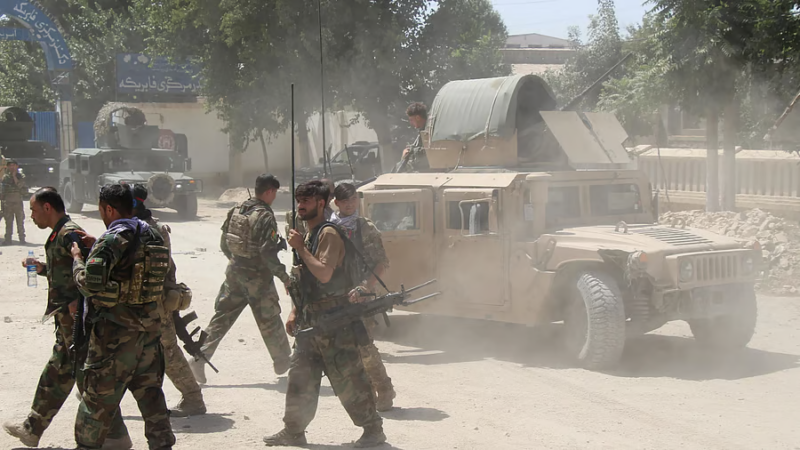Pakistan: ‘Null and invalid’ ruling by the Supreme Court against military trials of civilians involved in the May 9 riots

At least 102 people were facing military trials for their involvement in vandalising military properties. The riots triggered by former Prime Minister Imran Khan’s arrest earlier this year that led to the arrest of thousands.
A five-member bench of Pakistan’s Supreme Court on Monday declared the military trials of civilians arrested in the violent May 9 riots as ‘null and void’ in a 4-1 majority ruling, contending that their trials should be in held in ordinary courts.
At least nine of the accused facing trials under the Pakistan Army Act had moved the court for early conclusion of their cases by the military courts, Dawn reported. At least 102 people were arrested after the riots for their involvement in vandalising military facilities, including the General Headquarters in Rawalpindi and an office of the Inter-Services Intelligence (ISI).
A few hours after reserving the verdict, the bench comprising Justice Ijazul Ahsan headed the bench comprising Justices Munib Akhtar, Yayha Afridi, Sayyed Mazahar Ali Akbar Naqvi and Ayesha A Malik declared civilians to be tried in criminal courts.
The Court declared Section 2(1)(d) of the Army Act, which deems people accused of “seducing or attempting to seduce any person” from allegiance to the government to be tried under the secrets act, as a violation of the Constitution and declared Section 59(4) (civil offences) as unconstitutional.
One of the petitioners said that the verdict was “very important”, and that it would also strengthen democracy, the Constitution and the justice system. “We were against military courts and we endeavoured against it. The verdict has shown that giving relief is the prerogative of the SC,” he said.
Why is the matter important?
According to Dawn, human rights groups and several politicians have criticised the trials of civilians in military courts, warning that they will undermine civilian supremacy. Some of the thousands arrested were facing military trials over the riots triggered by former Prime Minister Imran Khan’s arrest.
On May 9, the supporters of Imran Khan’s party vandalised over 20 military installations and government buildings, including the Lahore Corps Commander House, Mianwali airbase and the ISI building in Faisalabad. The Army headquarters (GHQ) in Rawalpindi was also attacked by the mob for the first time.
The violent protests came in the wake of Khan’s arrest by the National Accountability Bureau (NAB) on corruption charges. He was later released on bail. Police arrested over 10,000 workers of PTI and more than 100 are being attempted tried under the Army Act.
The Supreme Court on Friday announced that it will restart the hearing of the case after a gap of more than two months. The last time a six-judge Supreme Court bench heard the case was on August 3 but a new bench was set up as the previous one was formed by the former chief justice Umar Ata Bandial.
The previous bench had postponed further proceedings for an indefinite period. The government during the hearing had assured the court that their trial had not started as yet.






